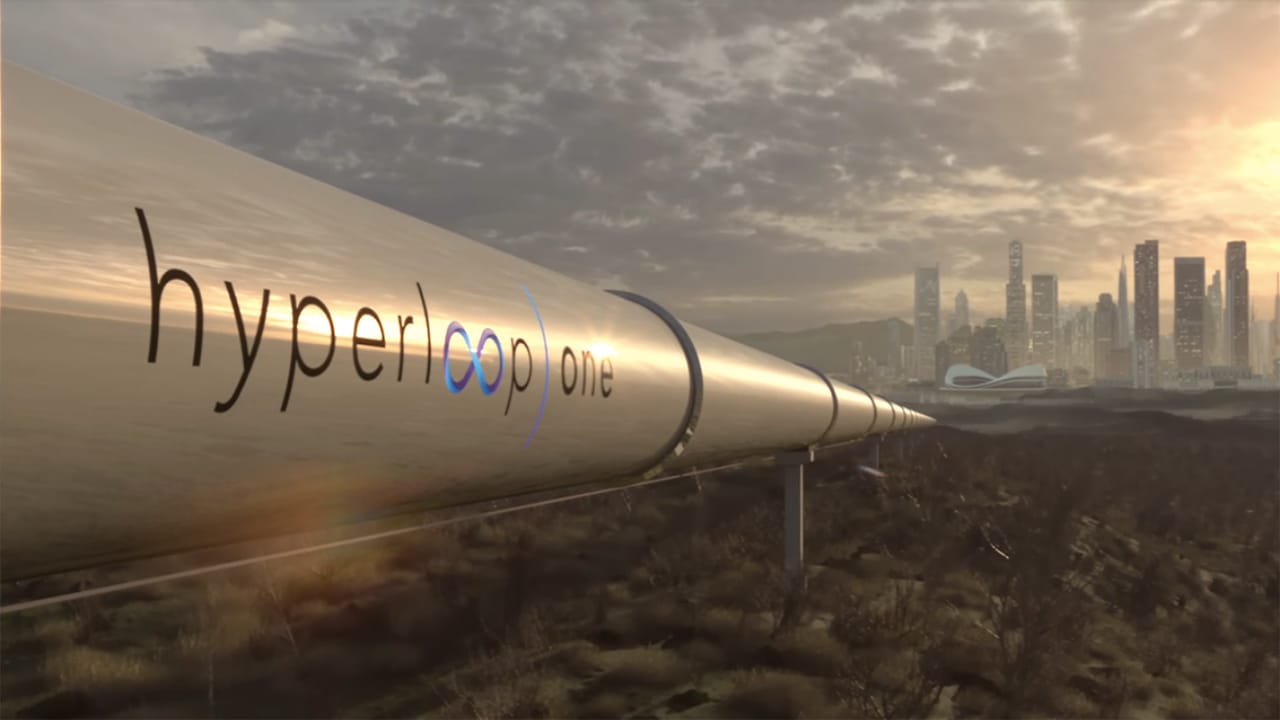We might not be as far away from hyper-speed travel as you might think. Although it isn’t quite teleportation, the Hyperloop combines a vacuum, a train, and levitating magnets to shoot you towards your destination at hundreds of miles an hour. The magnetic levitation ‘maglev’ train is lifted above rails by magnets, reducing friction to propel the train through a vacuum tube.
The idea, first mentioned by Tesla and SpaceX tycoon Elon Musk in 2012, is gathering momentum, with multiple billionaires investing in this revolutionary method of transport. Musk himself has poured money into the operation, and has even announced that he has “verbal approval” from the US government to build a link between New York and Washington DC that could shuttle people in just half an hour.

Another company buying into Musk’s brainchild is Virgin. Sir Richard Branson’s Virgin Hyperloop One is the most advanced of the Hyperloop systems currently in development. He has claimed that his technology can shoot passengers from London to Edinburgh at 700 mph in just 45 minutes; a fraction of the tedious 8-hour drive or 5-hour train that passengers currently endure. It has even been suggested that Hyperloop 1 could be used to link London’s Heathrow and Gatwick airports, as an alternative to the proposed Heathrow third runway. Passengers could be transported between airports in just 5 minutes, quicker than the time it takes to travel between terminals at Heathrow.

The first question that springs to mind, is how close are we to this becoming a reality? Although advanced tests are already being run in Nevada, people are still yet to ride in a Hyperloop train. However, the leader of the Hyperloop engineering team, Anita Sengupta, expects that Hyperloop will be set to launch commercial operations by 2021. Given that far more basic transport systems such as the HS2 high speed rail system have taken decades for progress to be made, Sengupta’s claims seem a little optimistic. Not only would the system cost an estimated £8 million per mile, there are also safety concerns and the potential difficulty of having to tunnel underground or lay tracks across the motorway-ridden English countryside.
Nevertheless, in an age of rapid technological developments and innovation, it seems that it is just a matter of time before new high speed travel systems are introduced. Coupled with the need to move away from high carbon emitting road vehicles, a more sustainable, greener transport system such as the Hyperloop is surely a step in the right direction
Charlie Harrocks
[Image: Fast Company]

